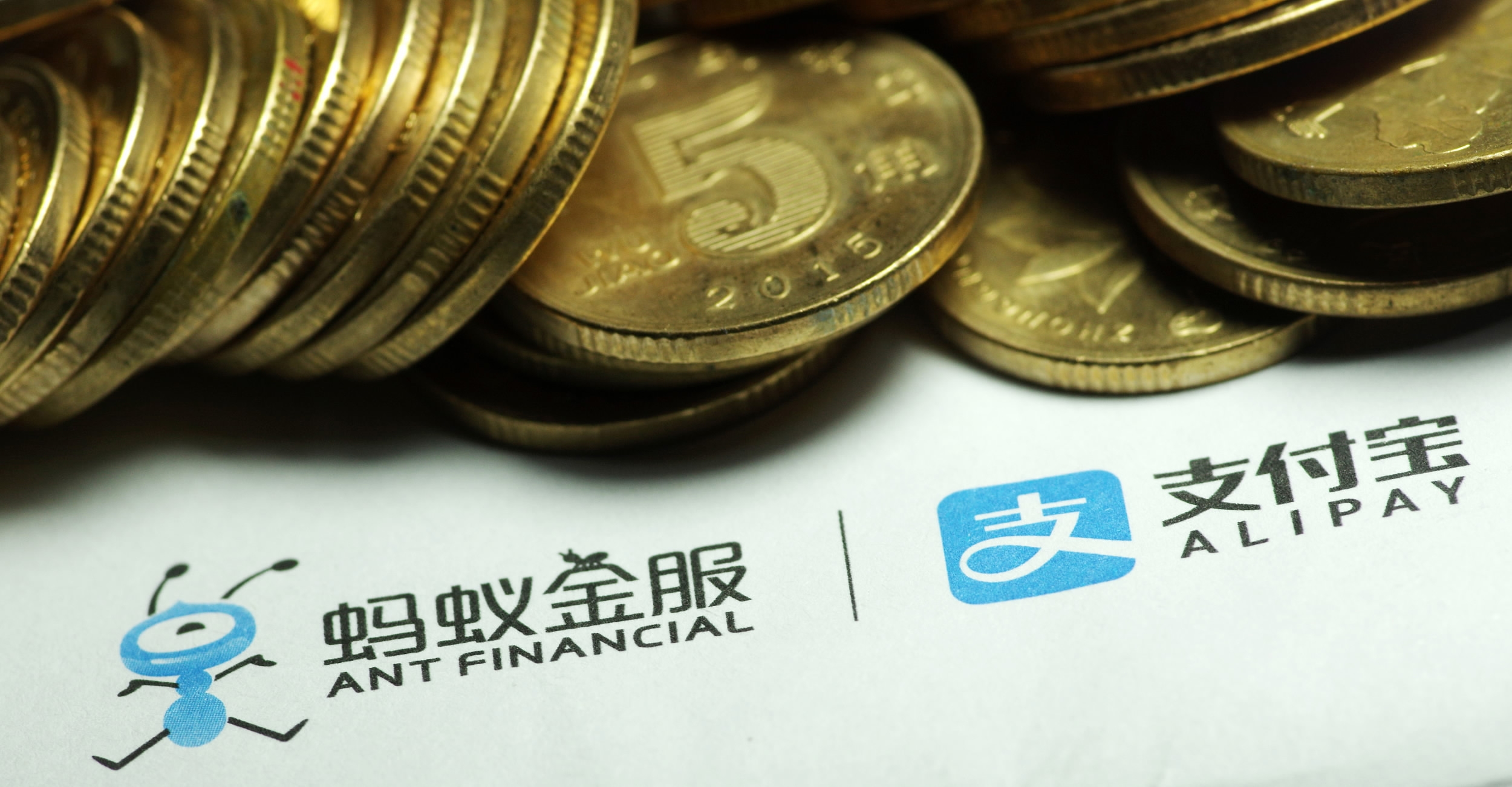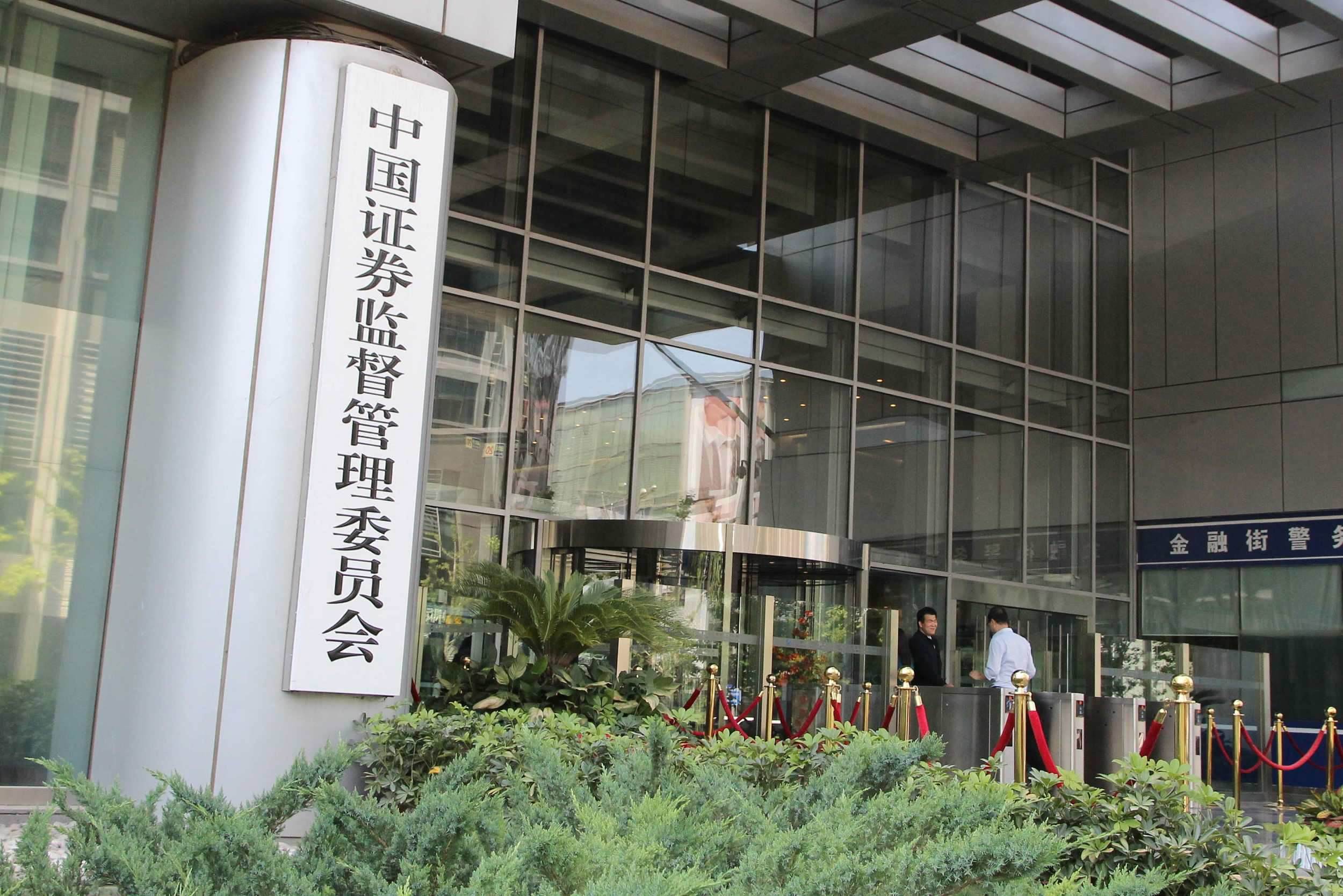
Business
18:25, 03-Sep-2017
World's largest money fund may face regulation pressure to downsize
CGTN

China's securities regulator on Friday announced a new mutual fund liquidity risk regulation, targeting money market funds which include the world's largest Yu'e Bao.
China Securities Regulatory Commission (CSRC) requires all money market fund managers to set aside no less than 0.5 percent of its net assets as cash reserves to serve as a buffer against liquidity risks.
Owned by Alibaba’s Ant Financial affiliate, Yu'e Bao has since its launch about four years ago lured about 325 million Chinese investors, almost the entire population of the US, as it offered higher returns than bank deposits. The fund’s assets grew to 1.43 trillion yuan (218 billion US dollars) by June, topping the size of the JPMorgan US Government Money Market Fund.

VCG Photo
VCG Photo
The capital size of Yu’e Bao accounts for 27 percent of the country’s total money market fund value.
Currently, money market funds put aside 10 percent of the management fees as the cash reserves to meet demand in case large redemptions occur, and the management fees are usually set at 0.33 percent of the fund’s worth.
The new rule means that Yu’e Bao must take out no less than 7.15 billion yuan as its cash buffer, based on its 1.43 trillion yuan asset worth.
Last year, the fund's management fees totaled 2.3 billion yuan, leaving a shortfall of nearly 5 billion yuan. The fund asset is also on the rise.
Therefore, Yu'e Bao is under pressure to either downsize or be included in the central bank's quarterly macro-prudential assessment (MPA) of financial institutions’ operations.
The CSRC said fund managers would have six months to adjust their businesses to comply with the new rules, and the timeframe for "systemically important funds" will be set separately. The new regulation will take effect on October 1.
Analysts said that Yu'e Bao could only wait to see the regulator's next move.
Curbs on MMFs' interbank businesses

China Securities Regulatory Commission in Beijing, China on November 27, 2013. /VCG Photo
China Securities Regulatory Commission in Beijing, China on November 27, 2013. /VCG Photo
Yu’e Bao’s size has also spurred concerns about its influence over the nation’s interbank market, where most of its money is invested, and where borrowing costs have soared to a two-year high amid the government’s renewed campaign against leverage.
The new regulation requires a fund manager’s total money market investments in a single commercial bank’s deposits and other assets should not exceed 10 percent of the bank’s net assets.
A money market fund should invest no more than 10 percent of the total assets in financial products issued by institutions with ratings lower than AAA and no more than 2 percent in the products issued by a single institution, according to the regulation.
Analysts expected the new rules to force many fund managers to adjust their money market products because interbank deposits are now the main investment targets for such funds.
"An oversized fund carries significant systemic risks,” said Shi Lei, Beijing-based head of fixed-income research at Ping An Securities, adding that regulators started to tighten oversight after big redemptions at some money-market funds last year.
This year, the central bank has urged Yu'e Bao to reduce the maximum amount individuals can invest in its fund to 100,000 yuan from 1 million yuan, to limit risks to financial markets.
4km

SITEMAP
Copyright © 2018 CGTN. Beijing ICP prepared NO.16065310-3
Copyright © 2018 CGTN. Beijing ICP prepared NO.16065310-3